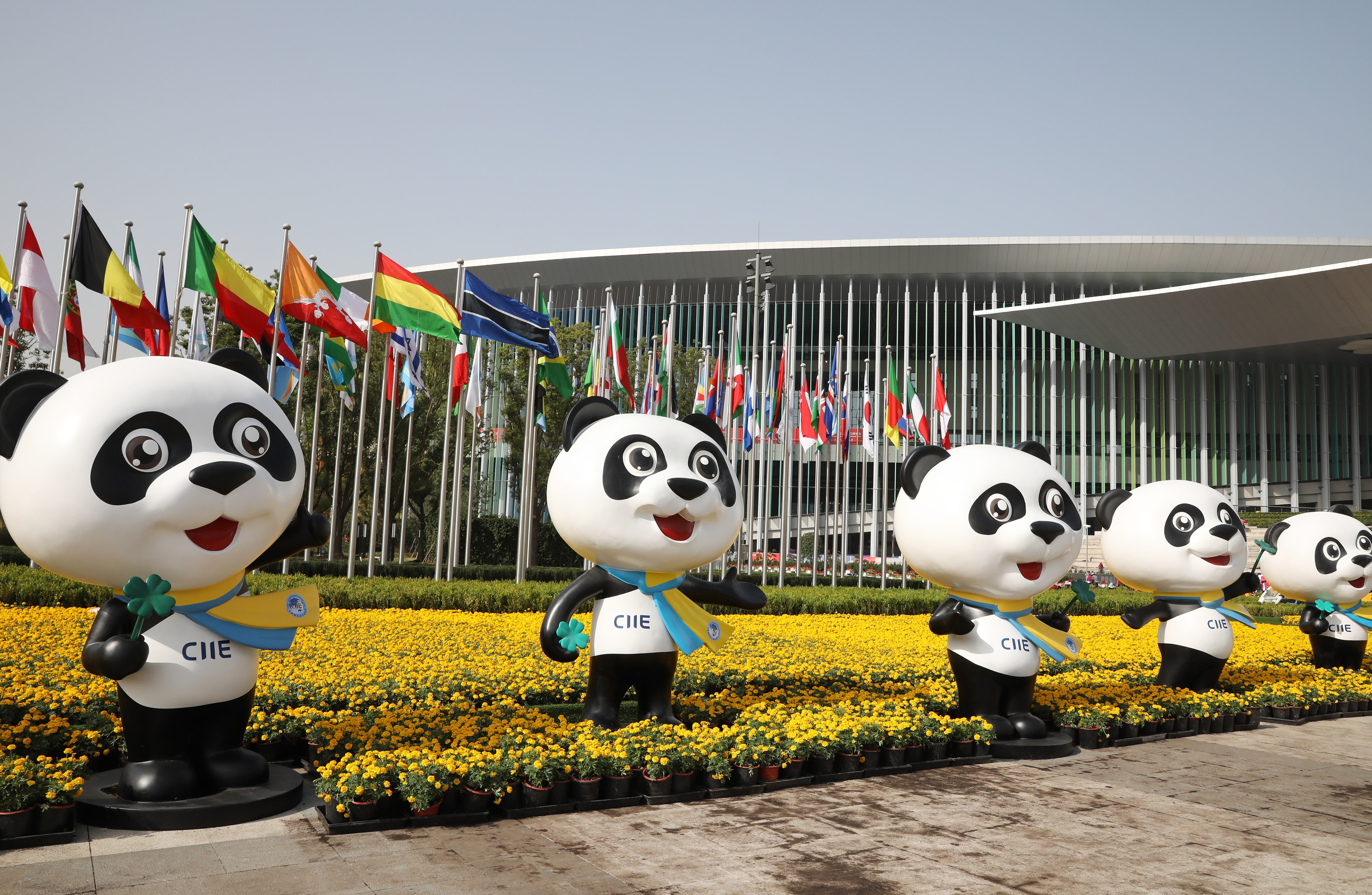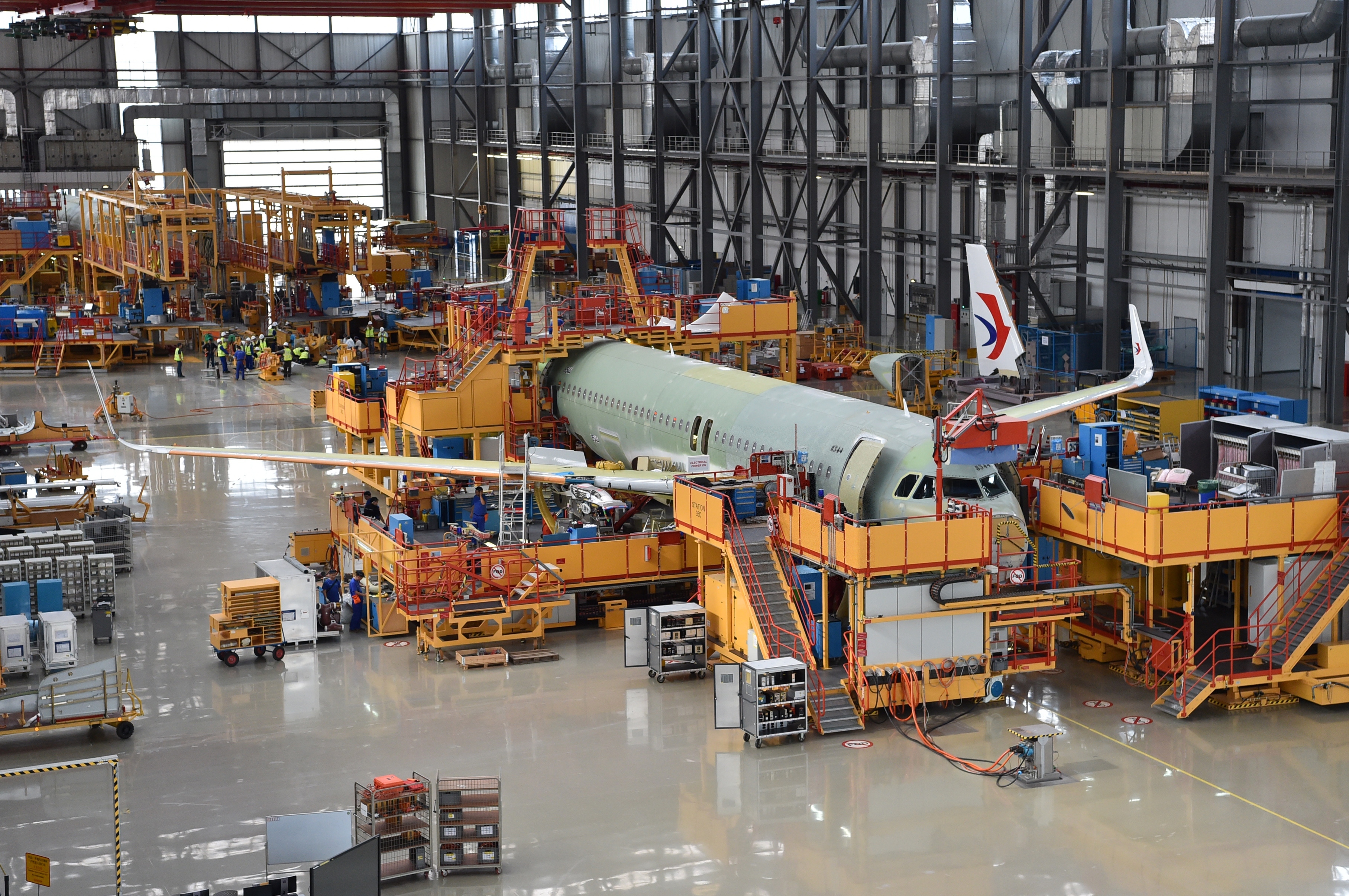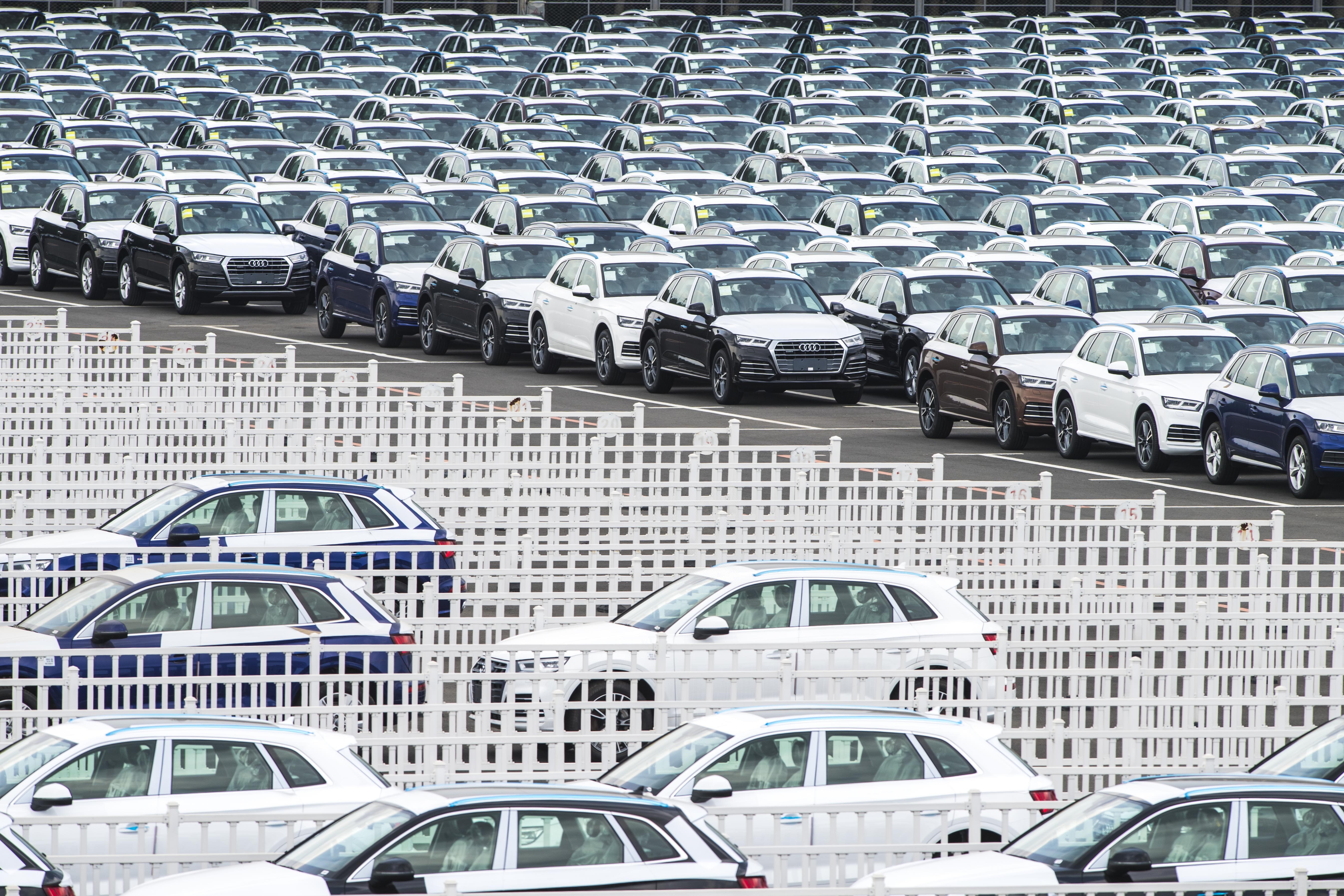Tapping China's market through CIIE 2019
- By Daniel Hyatt
 0 Comment(s)
0 Comment(s) Print
Print E-mail China.org.cn, November 2, 2019
E-mail China.org.cn, November 2, 2019

China International Import Expo (CIIE) debuted last year as a major milestone on the country's continuing path opening up its market to foreign goods and investment.
On that occasion, the government pledged to import commodities and services worth over US$40 trillion over the next 15 years and sent a strong signal to the world that China's domestic market is growing and the chance to benefit from this is not be missed.
After such outstanding results, the countdown for the second CIIE is now gathering momentum. From November 5-10, the event will be presenting yet another opportunity to China's partners to take part in a future of shared growth.
The push to expand China's import base comes at a time when its consumer market is flourishing and public purchasing power is rising. During the first half of 2019, consumption accounted for about 60% of national economic growth – creating business openings for enterprises both from home and abroad.
The CIIE specifically targets imports in order to fulfill the burgeoning consumption trend expected to add almost 65% to national economic growth this year.
A wider variety of imports is not only offering Chinese consumers more choice, but also makes the business environment more competitive, thus improving the quality of products and services offered by local providers.
Being a prime driver of the world's economy, China now accounts for one-third of global growth. At the same time, it is a vocal proponent of open trade practices and this commitment is represented through efforts like the CIIE.
Unlike Western protectionist moves, China is reducing tariffs on imports from partner countries. For example, the terms of Free Trade Agreement (FTA) with Pakistan – its immediate neighbor and a close ally – were updated this year, widening China's market access.
Through cooperative concessions, China's journey to prosperity in the post-1978 era is paying dividends to those choosing to invest in its opening up. Instead of the zero-sum approach to development that 19th-century colonizers adopted to fuel the dawn of the industrial age, China is banking on an age of mutually assured prosperity.

In light of China's official drive to promote domestic consumption, foreign investors have found the CIIE the ideal platform to showcase their merchandise. A recently introduced catalyst has been the Foreign Investment Law. Replacing previous laws governing financial inflows, this new legislation guarantees better investor protection.
The law ensures enhanced accessibility, improves IPR protection and treats foreign companies at par with those from China. Participants at this year's CIIE will be among the first to benefit from this landmark initiative as it will take effect in less than two months after the expo.
The Chinese government has listed stabilization of foreign investment and enhancement of the opening up process as two of its significant economic tasks in 2019. CIIE will help achieve both by providing first-hand experience to participants and by increasing Foreign Direct Investment (FDI) as a direct consequence.
Multinational business entities can treat CIIE as a window to the Chinese market and a platform to test the waters before full-fledged entry. They will get a chance to demonstrate their products and, while connecting with potential local partners, introduce their brands to consumers from the world's second-largest economy.
The large corporate presence will also allow them to learn valuable lessons from each other. Contemporary marketing strategies, business models and distribution arrangements are only a few of the supplemental advantages that peers will gain.

The first CIIE had a massive outcome in the form of deals amounting to over $57 billion. Enterprises from 172 countries, regions and international organizations participated and more than 400,000 separate purchasers conducted business.
Similarly, response to the CIIE 2019 has been encouraging. Over 3,000 enterprises have applied for registration and half of Fortune 500 companies have already signed up. On the other hand, small and medium-sized entities have also been encouraged to promote themselves.
A new category introduced this year is that of high-end equipment. As China shifts from rapid to quality-oriented growth, high-end technologies like automation and virtual reality along with artificial intelligence being promoted at the expo will make the move seamless.
Success of this mega event can be gauged from the fact that companies have started applying for the third CIIE planned for 2020. Such an exclusive focus on imports by any country in recent times is unprecedented. Generating business activity and fulfilling domestic demands, the expo is expected to continue strengthening China's economic partnerships with other countries.
Daniel Hyatt is a Pakistan-based freelance journalist and commentator on modern China.
Opinion articles reflect the views of their authors only, not necessarily those of China.org.cn.
If you would like to contribute, please contact us at opinion@china.org.cn.






Go to Forum >>0 Comment(s)